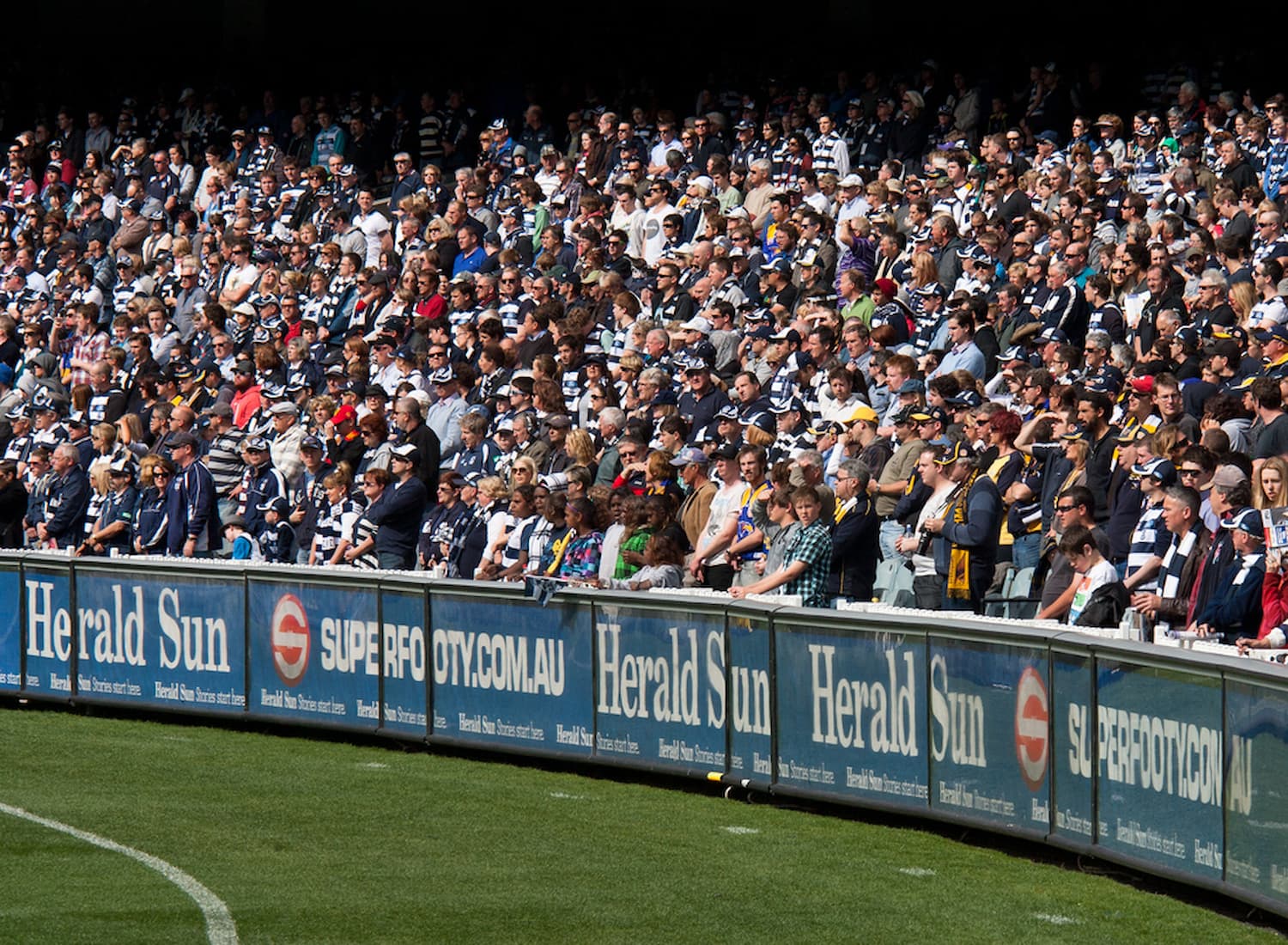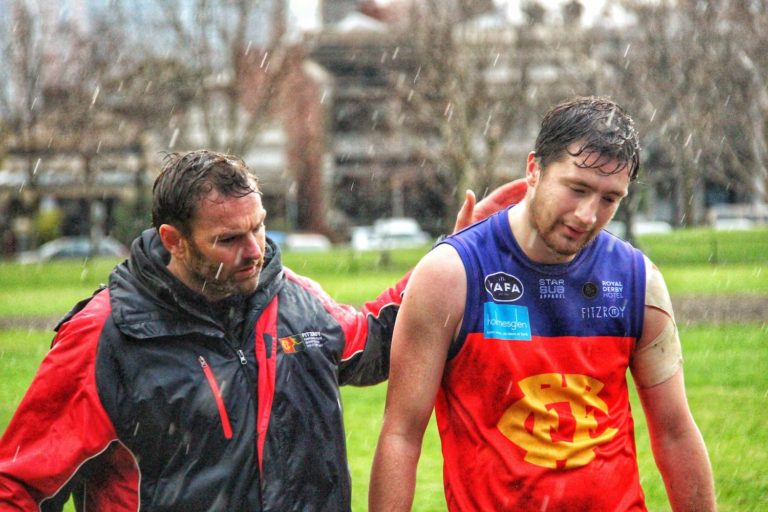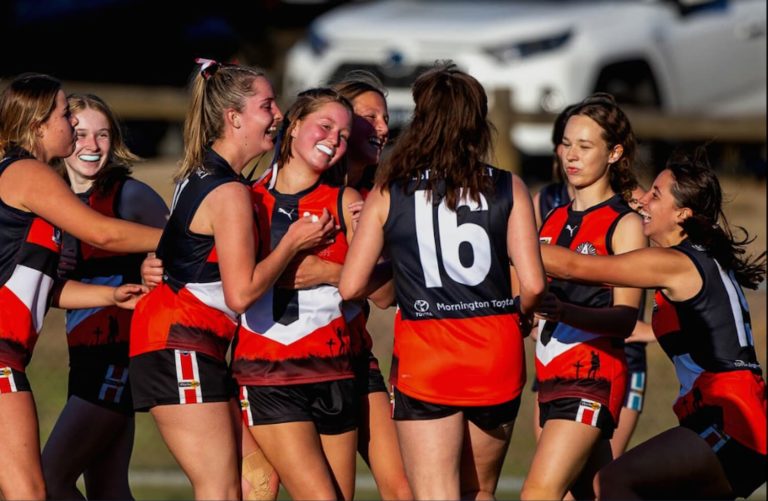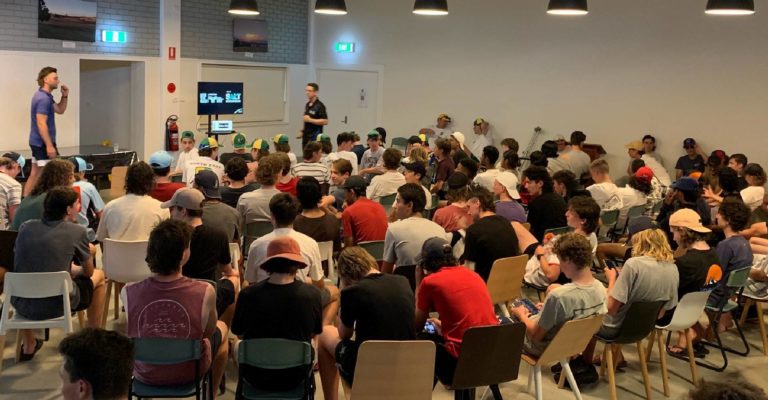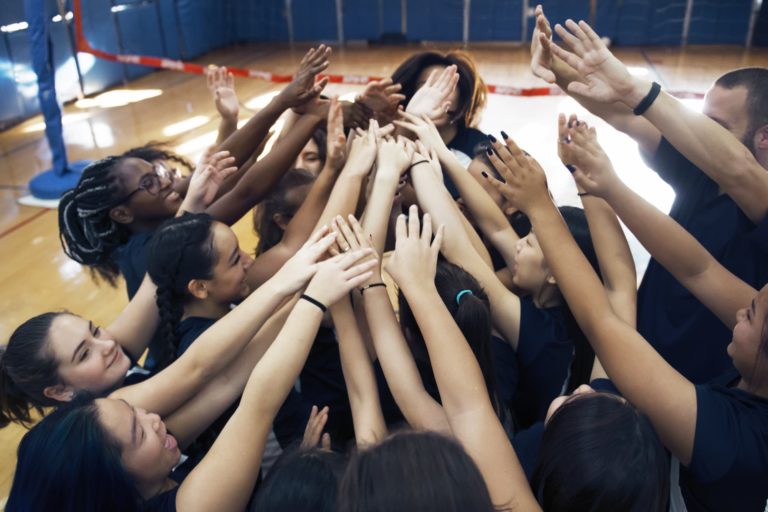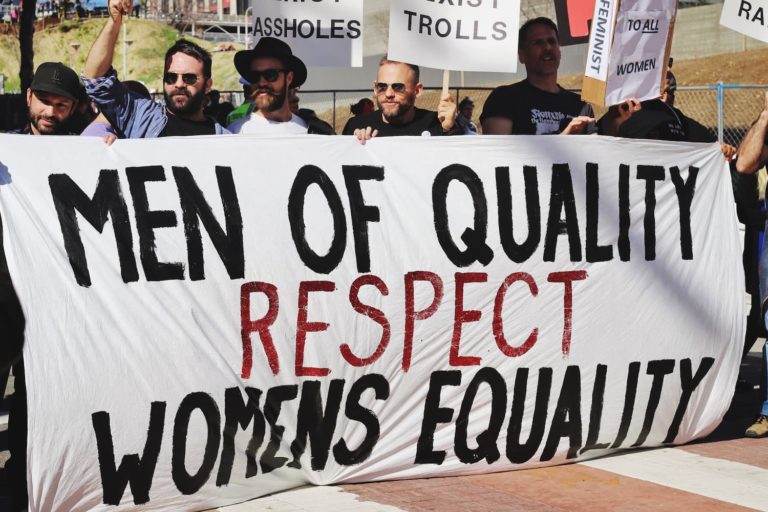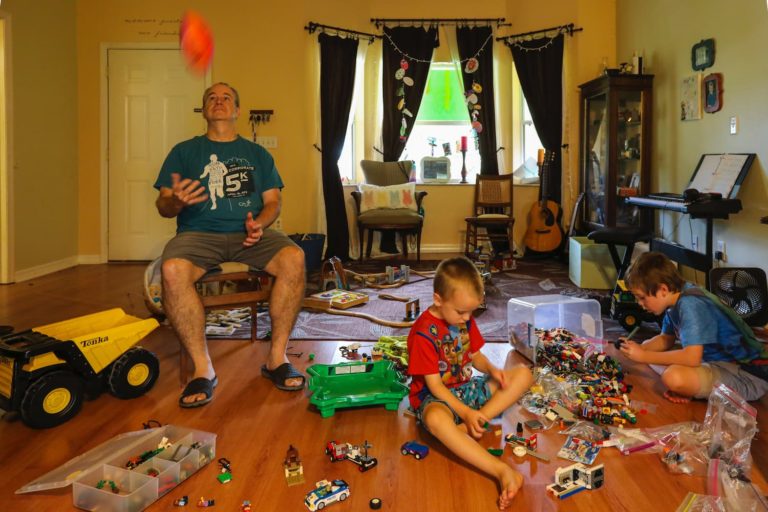Football clubs, by nature, develop strong bonds in the playing groups. The amount of time spent together training, the tribal emotions when battling for a win on the field – this intensity drives the adoption of group behaviour and values – but it’s not always good.
Dave Burt, CEO and Founder of SALT (Sport and Life Training) was called in when the president of a metropolitan club, disgusted by having to clean broken glass from the field (courtesy of an out of control social function the night before) so that the Under 10’s could play, realised the club needed significant help.
SALT is a not-for-profit organisation that works to deliver positive cultural and life lessons using the established framework and supporting community of sporting clubs.
The club had a poor reputation and a strong drinking culture. They were struggling on many levels with all the sponsors having withdrawn their backing – including the local hotel ending their sponsorship when players trashed the hotel at a function. Parents wouldn’t allow their children to play for the club and they struggled to fill their teams.
Following the broken glass incident, the senior teams were summoned. They thought for a training session, but it was in fact a session with SALT.
It became evident that there were really serious cultural problems when the captain of the club stood up and said “I use drugs. I am in control of them.” The leadership group was resistant to change and there was a reluctance to acknowledge the link between football and what they viewed as “personal” behaviour. This was evidenced by a player interrupting partway through a session to say “We hear what you are saying, we get it, but we enjoy getting pissed on a Saturday night.”
To which Dave replied. “Then you need to own who you are. Do you want to be a good drinking club or a good footy club?” He asked for a show of hands for those who wanted to be a good drinking club. Very few hands went up. This was the breakthrough that Dave needed.
Progress was slow but a tragedy did provide a wake-up call. Over summer the previous captain lost his best friend to a drug overdose. At the beginning of the next season he stood up in front of the player group and apologised for promoting his drug use and admitted he was not in control of his drug habit.
Over the next two years SALT ran a total of 14 sessions with the club. They worked with the Under 19’s committee and showed them how to retain players and bring them through to the senior program. A new club committee was formed and people were given specific roles and responsibilities. There was a clearly articulated strategy for the club moving forward.
Gradually the culture changed. The under 19’s leadership team took it on themselves to stand down two players who had been found drinking on the Friday night. It took 18months to two years to restore their reputation but now they have lots of sponsors supporting the club and a waiting list to join their teams.
They reduced the bar sales by $20,000 but increased their revenue over one year by $30,000, thanks to a clear focus on fundraising and alternative revenue solutions. Social functions no longer have unruly behaviour and confrontational throw-outs at 3am, instead having an easy, self-regulated closure at 1am.
Thanks to the SALT program and strategic club leadership that was committed to change, the club is now going from success to success – including winning grand finals.


